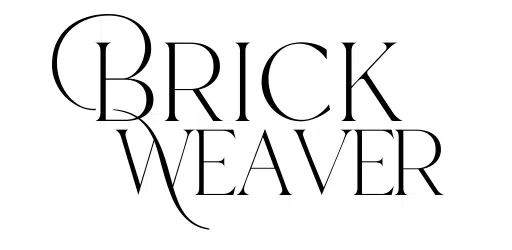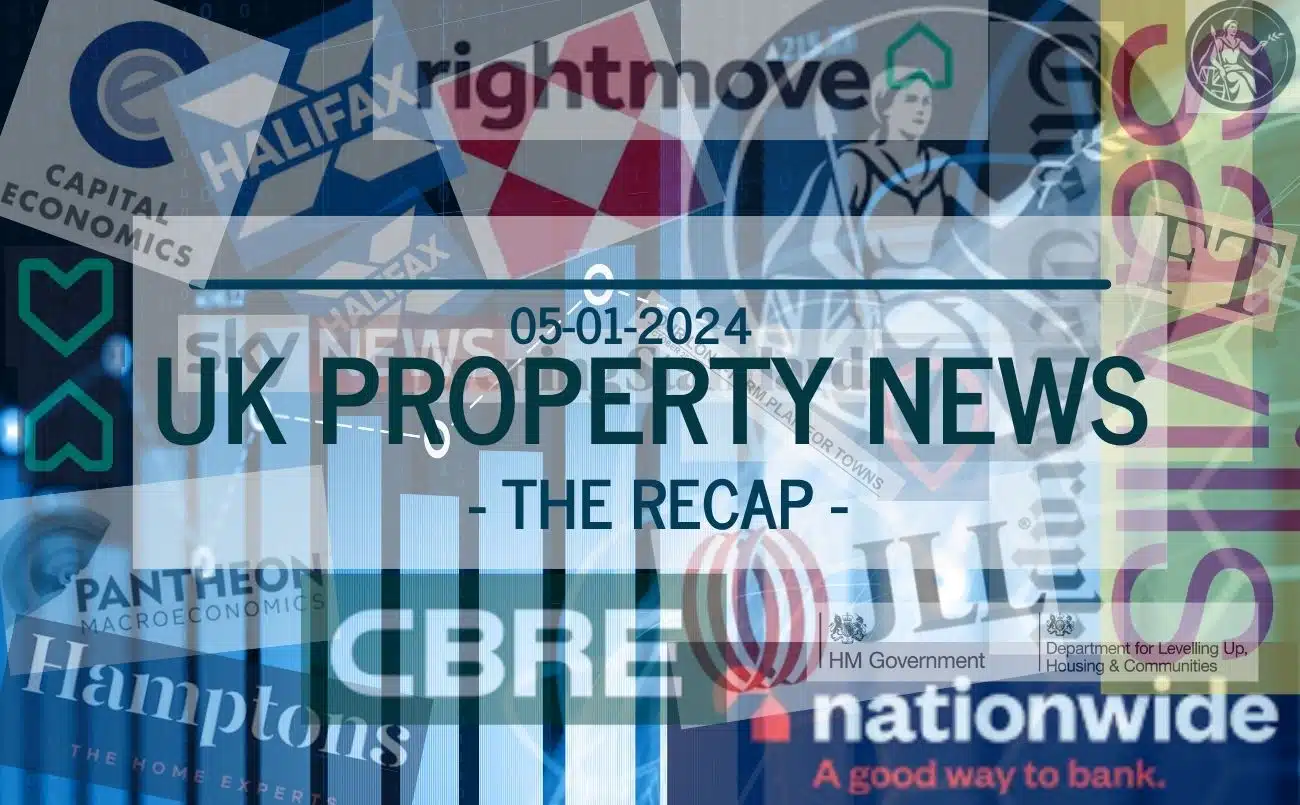
How the mini budget affected house prices and the already shaky property market will be remembered as one of the most disastrous fiscal events of the 21st Century.
The recent political chaos is reminiscent of a sketch from Fawlty Towers when a fire occurs in the hotel kitchen. Despite numerous attempts by Manuel (the UK) to tell Basil Fawlty (Kwarteng) there is a fire, he is ignored and locked in a burning kitchen. Only when the alarm is turned off and smoke starts billowing around the kitchen door (financial markets tank and banks increase interest rates), does Fawlty, twig and call…Fire…Fire…Fire. How Kwasi Kwarteng’s mini budget affected house prices
For anyone with a mortgage due for renewal or in the process of getting one they, like Basil, were desperately beating on their lender’s door, as they watched their finances get engulfed by flames.
For those in property, the aftermath of Kwarteng’s “Mini Budget ” has been tumultuous. And the people it has affected the most are of course the most vulnerable, first-time buyers.
Stamp Duty Cut
For those who are poised to complete, the rise in the nil-rate threshold for first time buyers’ relief to £425,000 from £300,000, and the eligible cap increase to £625,00 from £500,000 was cause for celebration, with those at the top end of this saving up to £11,250.
For everyone else, there was the consolation price of £2,500, which no doubt will be put towards moving costs or their solicitor’s bill.
However, overall any stamp duty cut gain was quickly curtailed by spiralling borrowing costs, as lenders pulled deals in reaction to the budget, and rates increased.
What was affordable a week ago, now isn’t, which resulted in general hysteria and deals either being renegotiated or abandoned.
UK house prices and mortgages
As more and more economists jumped on the doom bandwagon, predicting house price falls of anything from 7% to 15% next year, fears of negative equity took hold. Lenders, keen to insulate themselves against the mounting storm, increased their average two-year fixed mortgage from 4.75% to 5.75%. The variation between a two year and five year deal is now minimal and any hope of comfort from a longer 30-year deal comes at a prolonged price tag of 5.5% according to Moneyfacts. Should interest rates hit the eye watering 6% widely predicted for next year, up to two million could feel the cold. Some will weather it, by either switching to their own lender’s fixed rate, or going on to a Standard Variable Rate, whilst others will be forced to sell.
UK Property Market Predictions
For those looking to get on the property ladder, this risk means that unless they can negotiate a deal which they can afford, they will have to sit out the next year or so. Higher up the ladder, sales are more likely to hit a stalemate as equity rich sellers lock horns with equity rich buyers. The former refusing to budge as they can afford to wait out the market whilst the latter seeks a lack of confidence discount.
Buyers who sold at the pandemic peak, now residing in rented accommodation, may see an opportunity and will swallow the higher borrowing costs in the short term to avoid another year renting. However, if home owners can avoid selling, they will, resulting in a continued lack of stock for those on the second rung of the property ladder.
For those at the bottom forced to sell, it will be bloody. Buyers will predominantly have equity behind them and will be after a bargain.
Opportunist buy-to-let landlords who sought a quick buck may also now face selling as their profits are consumed by repayments. This will further reduce supply, increasing rents unless the equity rich pick up a bargain and re-enter the field. That said, they’ll still be able to command eye watering rents.
Whatever way we look at it, three key things need to happen to piece the property market back together. Inflation needs to be reduced, the War in Ukraine to stop, and the return of affordable borrowing. Only then will buyers benefit from both reduced prices and the stamp duty saving, and a new cycle will begin.





